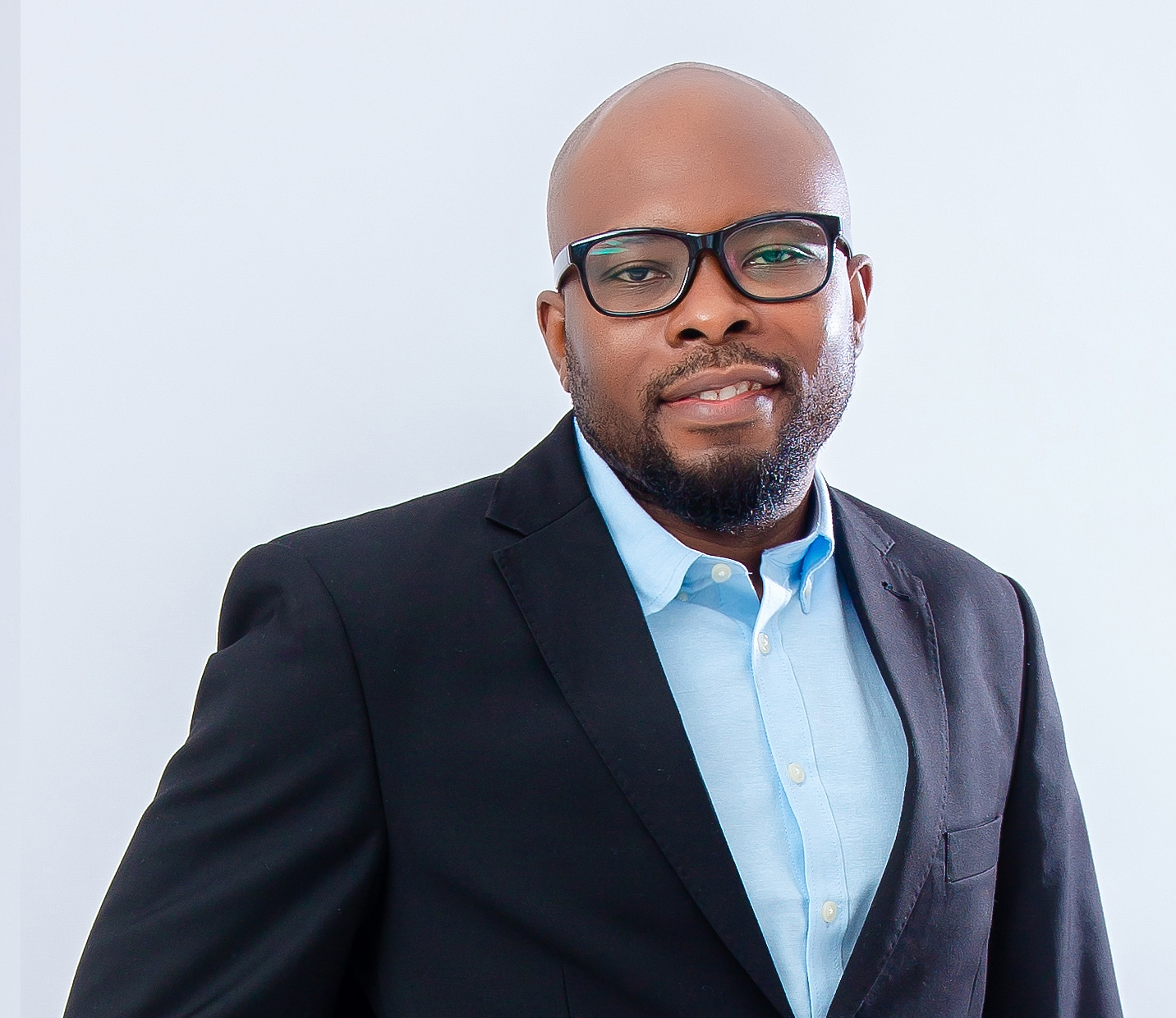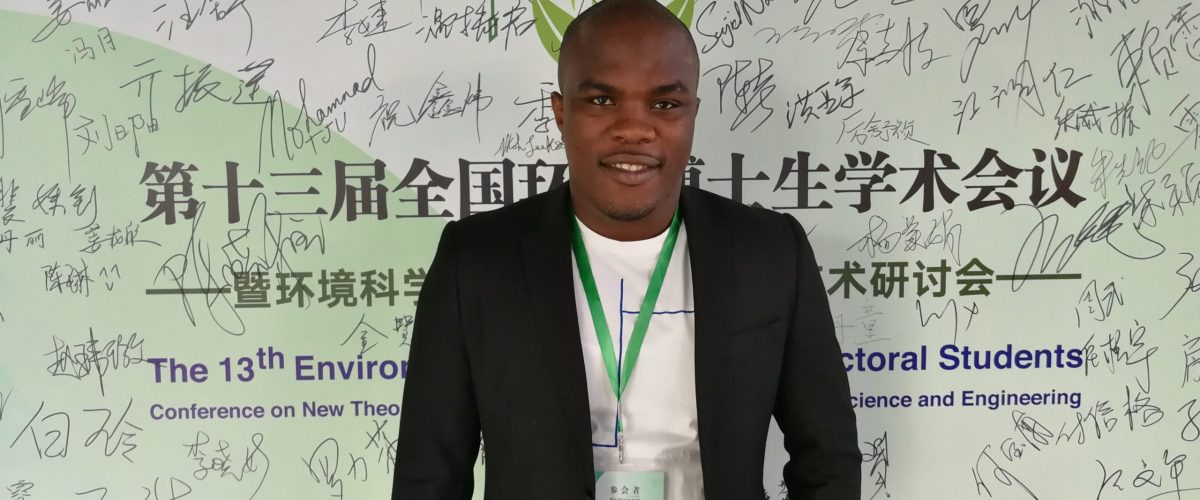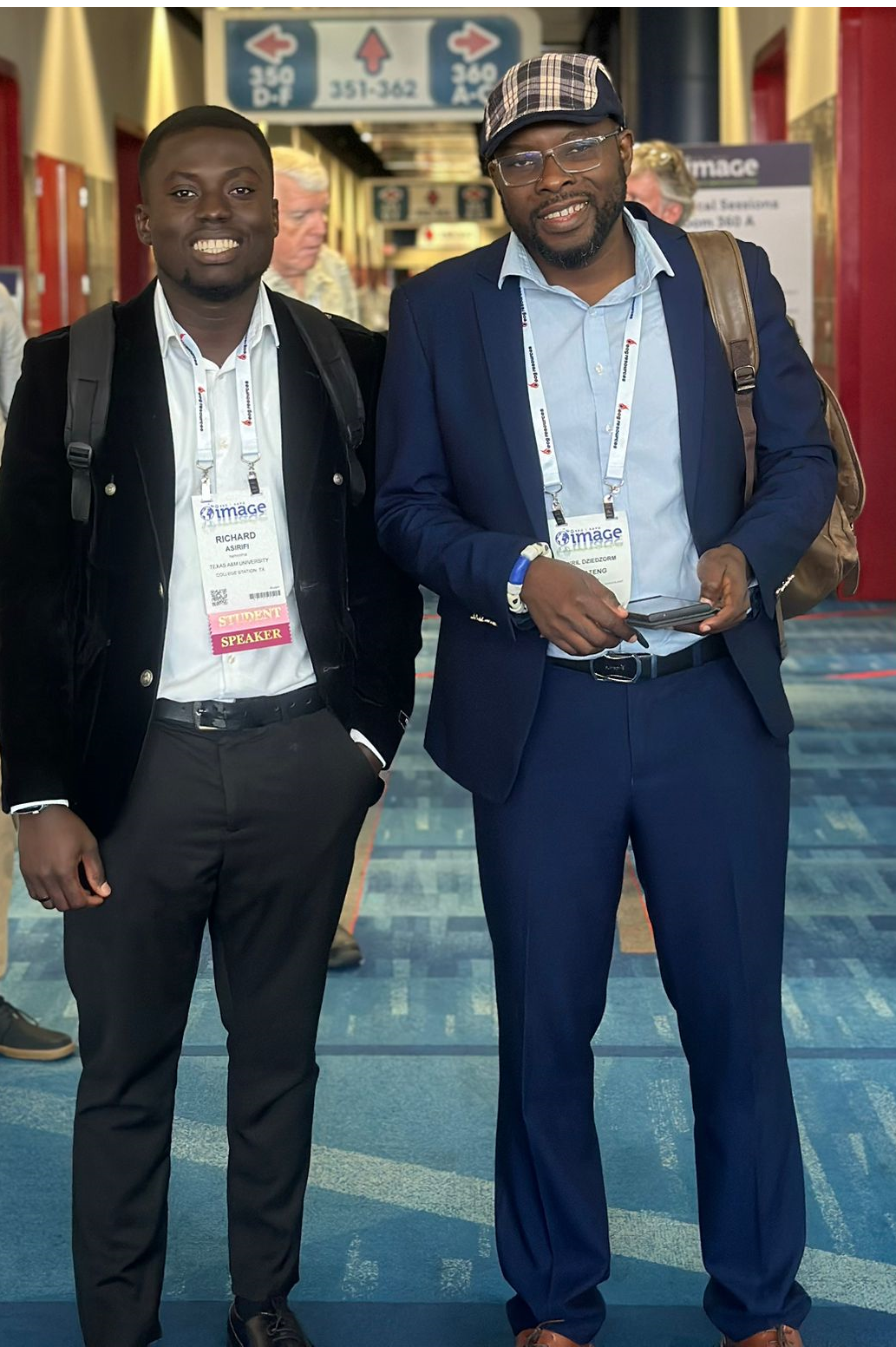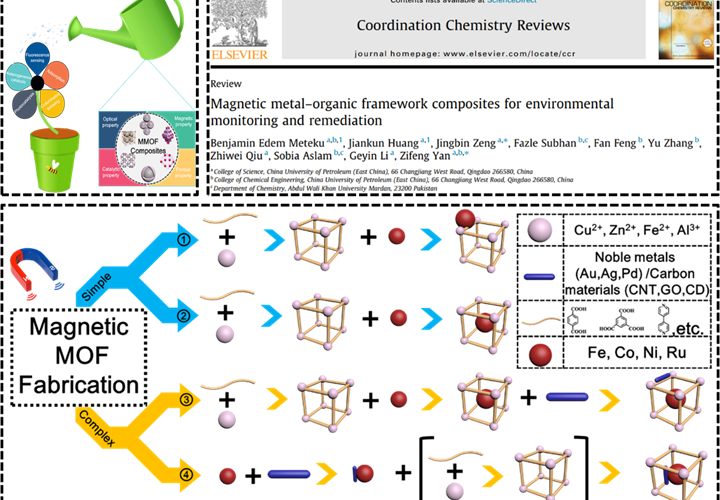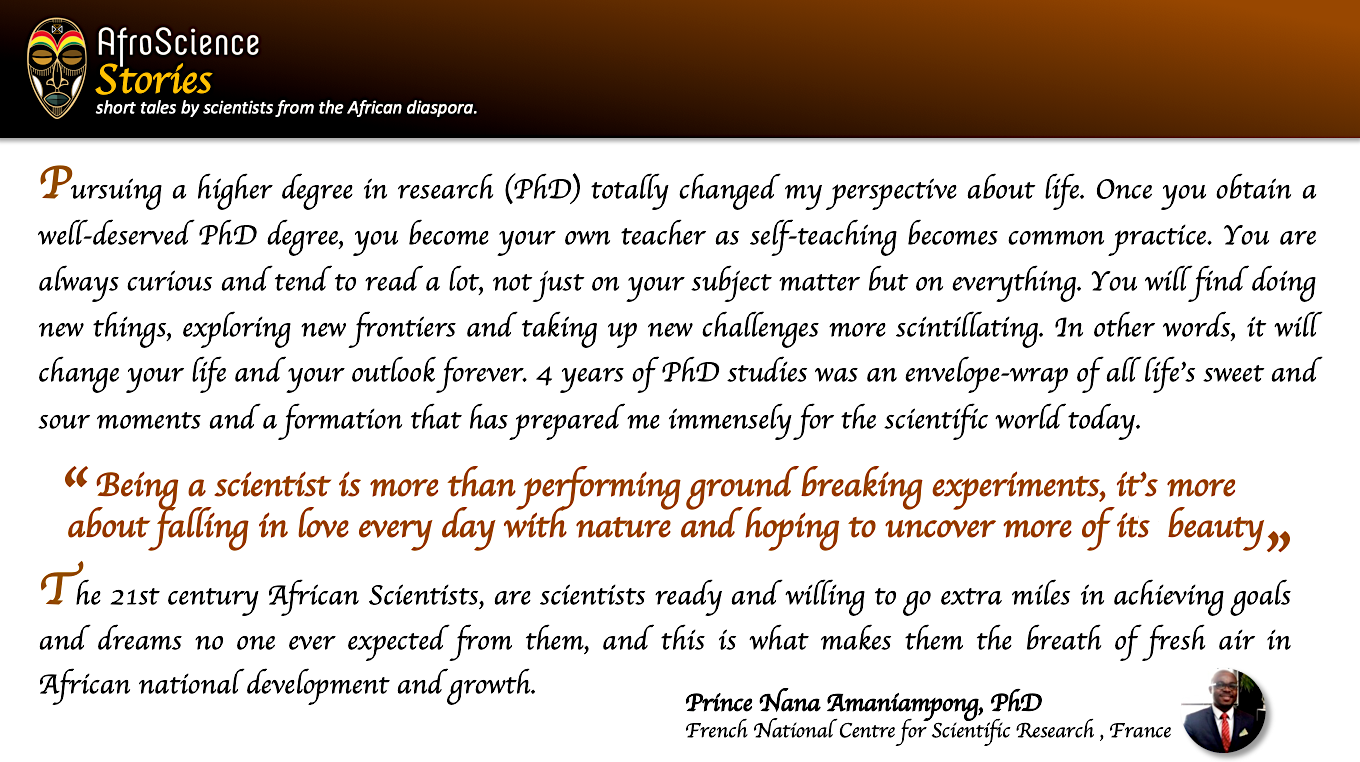The mass of African youth is getting frustrated. Challenges with poverty, poor education, unemployment, health, violence, and general lack of opportunities are well documented. These are enough to make anyone give up. But for Nkoh Jackson Nkoh, the consistent failure of the African continent is his motivation to succeed.
Jackson was born in the village of Kendem in the southwest of Cameroon to a single mother. At the age of eight, he lost his mum. From birth, life was tough and he assumed this to be the way of the world until he grew older and realized that the problems in Africa were because of the failure of the continent. Jackson says, “science chose me through my Uncle”. In High School, Jackson’s desire was to read Literature, History, Philosophy, and Economics but his Uncle who was his guardian had different plans. He wanted Jackson to be a doctor, a popular ambition among African parents. To satisfy the wishes of his Uncle, Jackson studied Chemistry, Physics, Biology, and Pure Mathematics. Sadly, his Uncle did not have money to pay for the medical school entrance examination so he ended up studying Chemistry at the University of Buea. He graduated with a Bachelors and a Masters in the same field. Of his time in school, Jackson says, “I was an average student and could have gone anyway in terms of career options. If I had not become a scientist, I would have become a scriptwriter or producer in the movie industry.” During his MSc studies, Jackson encountered what he believes to be a systemic problem in African academic circles. A program that was supposed to take two years, ended up running for five years. This was because the Heads of Departments had decided to run a new Entrepreneurship course. To implement this new course, everything was put on hold and graduation delayed with no regard for the future of students. In addition, there was constant discouragement and chastisement by established researchers who were supposed to mentor the younger ones but rather perceived them as threats. All this led to an inferiority complex but did not destroy his dream. It drove him to promise himself to be a better mentor and academic in the future.
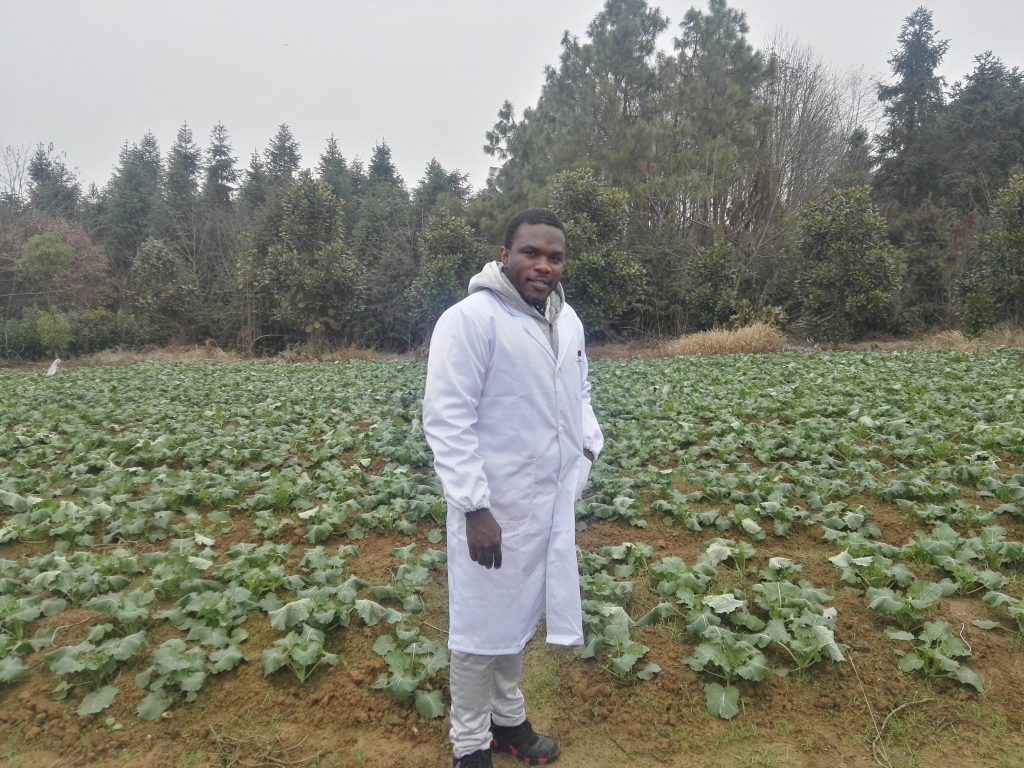 After gaining his Master’s degree, he applied to universities outside Africa for a PhD to avoid any further frustrations. He was awarded the CAS-TWAS Presidential fellowship to study Soil Science with the Chinese Academy of Sciences. In contrast to his experience on the continent, his PhD supervisor, Professor Xu Renkou was patient and played a key role in “reverse engineering” his poor mental state. Jackson is currently researching interactions of bacteria and their extracellular polymeric substances (EPS) with variable charge soils as related to soil physicochemical properties. “My research highlights the role rhizobacteria (e.g. Bacillus subtilis, Pseudomonas fluorescens) play in maintaining a fertile soil for agricultural practices. I demonstrate how the interaction of bacteria can modify the properties of soils. This modification is very important in enhancing nutrients, especially in the tropics and subtropics. Therefore, if we can understand how to maintain a healthy environment to promote the growth of rhizobacteria, we can sit back, relax and watch them solve our many soil infertility problems”, says Jackson Nkoh. In Africa, his research can boost agricultural yields and solve hunger problems. The potential for results that can change the situation in Africa gives him the energy to keep working during the long nights. For Nkoh Jackson Nkoh, a typical day involves a general search of the relevant literature, designing and updating of experimental methodology, performing experiments, editing manuscripts for colleagues, or analyzing experimental data and drafting manuscripts. There are days where he runs experiments from morning till night and others where his focus is more on literature review or data analysis. With over ten publications in reputable peer-reviewed journals, he would have loved to join a university in Cameroon and begin a research career that can be beneficial to his country and the continent. But given the lack of opportunities, it took him a year to come to the decision to pursue a postdoctoral position outside the continent whiles looking for a permanent position back home. But he has not given up. So far as there are problems in Africa there will be opportunities to solve them.
After gaining his Master’s degree, he applied to universities outside Africa for a PhD to avoid any further frustrations. He was awarded the CAS-TWAS Presidential fellowship to study Soil Science with the Chinese Academy of Sciences. In contrast to his experience on the continent, his PhD supervisor, Professor Xu Renkou was patient and played a key role in “reverse engineering” his poor mental state. Jackson is currently researching interactions of bacteria and their extracellular polymeric substances (EPS) with variable charge soils as related to soil physicochemical properties. “My research highlights the role rhizobacteria (e.g. Bacillus subtilis, Pseudomonas fluorescens) play in maintaining a fertile soil for agricultural practices. I demonstrate how the interaction of bacteria can modify the properties of soils. This modification is very important in enhancing nutrients, especially in the tropics and subtropics. Therefore, if we can understand how to maintain a healthy environment to promote the growth of rhizobacteria, we can sit back, relax and watch them solve our many soil infertility problems”, says Jackson Nkoh. In Africa, his research can boost agricultural yields and solve hunger problems. The potential for results that can change the situation in Africa gives him the energy to keep working during the long nights. For Nkoh Jackson Nkoh, a typical day involves a general search of the relevant literature, designing and updating of experimental methodology, performing experiments, editing manuscripts for colleagues, or analyzing experimental data and drafting manuscripts. There are days where he runs experiments from morning till night and others where his focus is more on literature review or data analysis. With over ten publications in reputable peer-reviewed journals, he would have loved to join a university in Cameroon and begin a research career that can be beneficial to his country and the continent. But given the lack of opportunities, it took him a year to come to the decision to pursue a postdoctoral position outside the continent whiles looking for a permanent position back home. But he has not given up. So far as there are problems in Africa there will be opportunities to solve them.
Conflict Of Interest
The views and opinions expressed in this article are those of the author, and they do not purport to reflect the policies, opinions, or views of the AfroScience Network platform.
Disclaimer
This article has not been submitted, published or featured in any formal publications, including books, journals, newspapers, magazines or websites.
Be the first to comment
Please login to comment

